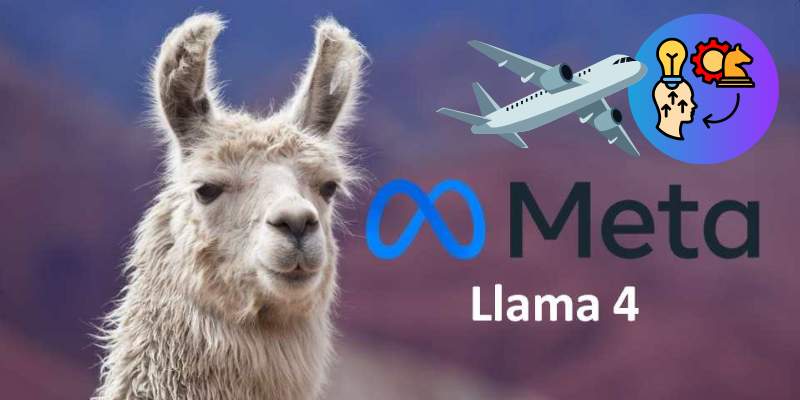Meta has decided to share its prized LLaMA AI model with a select group of U.S. allies in Europe and Asia, a move that feels less like a casual product rollout and more like a carefully scripted geopolitical performance.
As reported by Reuters, countries including France, Germany, Japan, and South Korea will soon gain access, while nations outside Washington’s trusted circle remain locked out.
It’s not just about letting friends borrow a fancy new tool; it’s about influence. In a world where AI is becoming as strategically valuable as oil pipelines once were, giving certain countries early access creates loyalty, dependency, and — let’s be honest — leverage.
Consider how Google’s DeepMind recently flexed its muscles by achieving a so-called historic breakthrough in problem-solving with Gemini 2.5, something that The Guardian covered with no shortage of excitement. If Europe and Asia have LLaMA while rivals don’t, the power imbalance widens fast.
What’s intriguing is how this announcement lines up with broader shifts in AI governance. The United Nations just added AI to its list of global challenges alongside climate change and nuclear weapons, setting up a panel to advise on risks and regulations, according to AP News.
Against that backdrop, Meta’s “sharing” looks less like benevolence and more like a strategic chess move on the global stage.
Of course, there’s a darker undercurrent here too. At a recent summit in Washington, Anthropic’s CEO Dario Amodei bluntly estimated a 25% chance that AI could spiral into catastrophic outcomes, as reported by TechRadar.
That’s the kind of statistic that sticks in your throat. And yet, the race to distribute and dominate the AI market isn’t slowing down.
Now, let’s talk brass tacks. Sharing LLaMA with allies will almost certainly fuel innovation in defense, commerce, and digital infrastructure — but it also heightens the possibility of fragmentation, where different blocs of countries run on different AI stacks.
Imagine a world where German researchers optimize industry workflows using Meta’s model, while Chinese engineers refine alternatives with no Western fingerprints. That’s not just competition; that’s the makings of a digital Cold War.
From my perspective, Meta’s gamble is both clever and a little reckless. Clever because it ensures LLaMA becomes entrenched in the most influential economies.
Reckless because it risks accelerating a split in the AI world order that’s already giving policymakers sleepless nights. Maybe I’m being a touch dramatic, but sometimes drama is just realism with the volume turned up.
So, is this the dawn of a new collaborative era, where allies pool AI capabilities to solve global problems together?
Or is it another round of tech-driven power politics dressed up as innovation sharing? I’d argue it’s both. The real test will come when those allies start shaping policy — and deciding just how much trust they want to place in Silicon Valley’s playbook.

